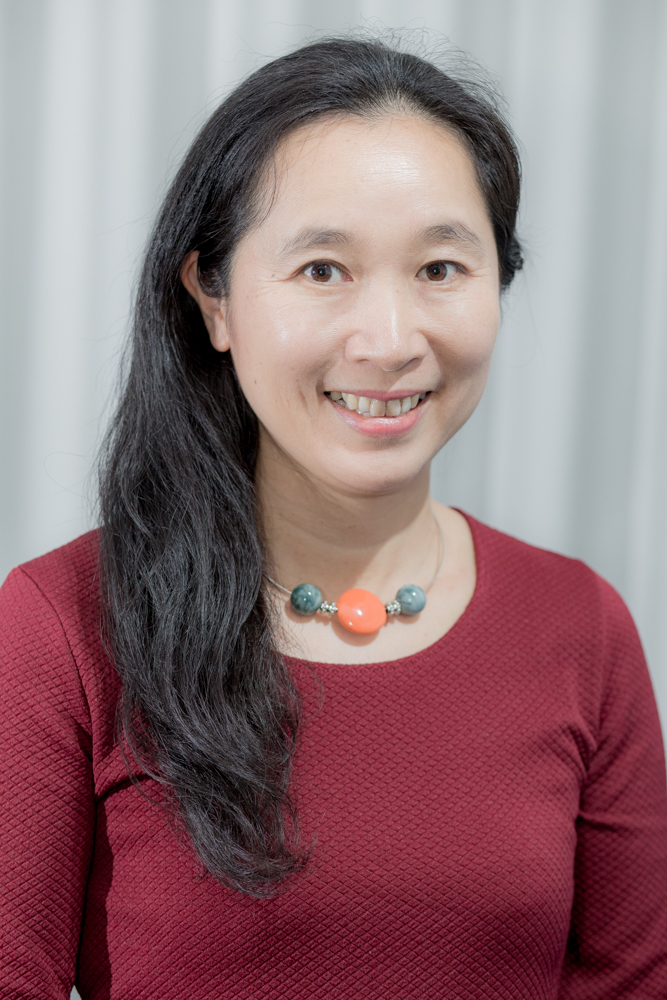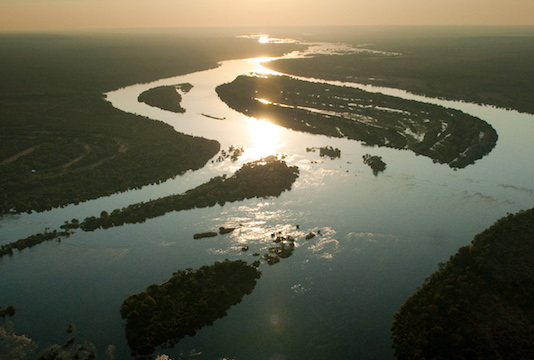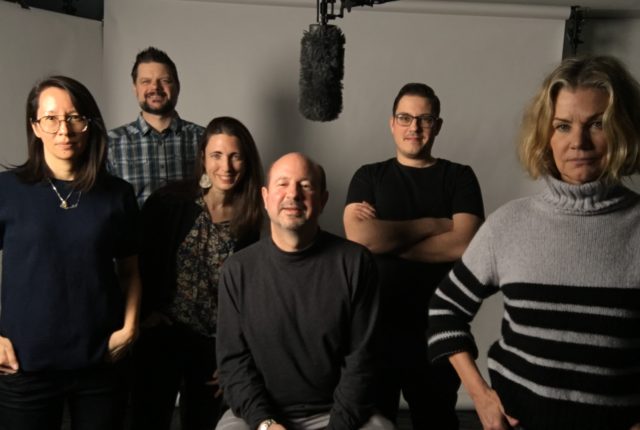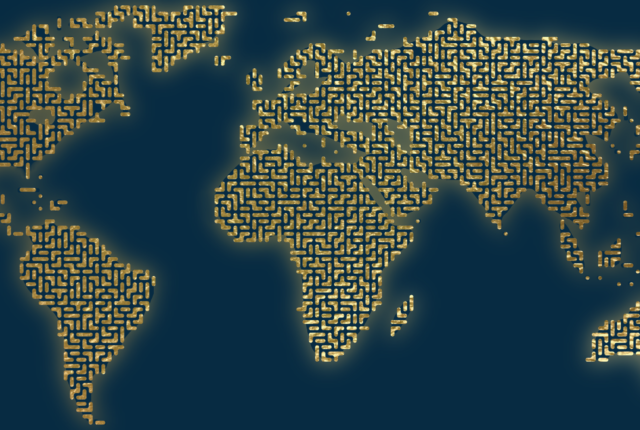Dr. Yumiko Yasuda, senior network and transboundary water cooperation specialist at the Global Water Partnership (GWP), serves as a lead faculty member in the Governance for Transboundary Freshwater Security Course by the SDG Academy. The Course aims to present multiple facets of governance for transboundary freshwater security while emphasizing the urgency of sustainable development and cooperation at many levels.
At a time when the need for a Water Action Agenda is more important than ever, we sat down with Dr. Yasuda to learn more about her input on the importance of the SDGs, the importance of teaching and learning about the governance for transboundary freshwater security, and her vision for the future in this field.
What do you wish everyone understood about the governance for transboundary freshwater security? What impact can it generate on the world?
The MOOC we developed was initially designed for transboundary water practitioners to understand key aspects related to governance and management of transboundary waters. After the opening of the course, we were nicely surprised that the course attracted not only field practitioners but also many other professionals working in this industry, as well as academics and students.
Everyone has different interests and needs. We designed the course so that people can ‘pick and choose’ what they want to learn from this course. While we designed the course so that people can learn different topics comprehensively, it may not be necessary for everyone, and some might choose to pick just a few lecture or case study videos of their interests. I am happy even if someone just watches one video out of 80 lectures and case studies we are hosting on our MOOC, but if that one video gives inspiration for someone to do things better or differently.
I also think it’s important everyone has an opportunity to access education or training. For this purpose, we translated the MOOC video lectures and case studies into 5 languages, and sub-titles are available on our MOOC platform: Chinese, Russian, Spanish, Portuguese and French.
What challenges arise in your field of expertise that can compromise sustainability efforts, and how do you overcome them?
There are many concepts and principles that we use when governing transboundary water. These concepts are not too difficult to understand but are not very easy to actually implement. For instance, one of the key principles used in the legal framework of transboundary water is the ‘equitable and reasonable utilization’ of shared waters. Many people can understand and agree this is an important principle, but when someone is tasked to translate this concept into an actual basin-level management, they face millions of challenges.
This is why in our MOOC, we have included case studies highlighting each concept or topic, allowing learners to gain a hands-on understanding of these concepts in practice. This approach is also coming from our experience in conducting face-to-face training on transboundary water governance in Africa, Asia, and Latin America.
What is the most meaningful part of your work?
What I enjoy most in my work is when I have direct interaction and feedback from people that I am working to support, and also when I see the impact coming out of the work we do. MOOC is a static material that is hosted on an online platform, and our interactive sessions are really creating space for everyone to directly interact with each other. I really enjoy interacting with learners in this way. It is also the same for the face-to-face training we conduct. It’s a great pleasure to meet people and see how my work is contributing to improving transboundary water governance. At times we conduct a post-training survey that clearly shows how participants have used their skills in developing transboundary agreements or negotiations.

How and where do you find inspiration?
I find inspiration from two places: one such source of inspiration is from other colleagues or partners who are working in the field, particularly when I find someone approaching things differently. Another source of inspiration comes from my ‘off’ hours, particularly when I travel somewhere or learn about history of resource management. Learning wisdom from the past and also acknowledging that resource use conflict is not a new thing but with a long history, and our ancestors have come up with various ways to manage such situations.
What notable contributions to sustainability have come from your professional sector?
Progress towards improved cooperation is moving forward slowly but steadily. I also see in some basins where cooperation started through donor driven approach but now stronger ownership and drive come from riparian countries. The Mekong River commission is a good example, the Secretariat used to be led by expatriate leadership with many expatriate staff. Now it is turning into a unit primarily consisting of riparian nationals, and with the vision of sustainable financing by riparian states.
What does an optimistic future look like for your professional field?
Where all transboundary water bodies would have functional joint management bodies, natural resources managed sustainably, and benefit of cooperation is widely understood, and benefit sharing becoming a norm.
What is one piece of advice you want to share with everyone promoting and advocating for sustainability?
To never give up. I decided to dedicate my life towards sustainability when I was in high school. It was not always a straightforward path, and it will never be. At times things does not seem to be moving forward in any direction. But things can happen when there is determination towards a good cause, and the important thing is to be persistent.

Yumiko Yasuda
Dr Yumiko Yasuda is the senior network and transboundary water cooperation specialist at the Global Water Partnership (GWP). She leads GWP’s thematic work on transboundary water, and as the lead faculty of the MOOC o the Governance for Transboundary Freshwater Security, designed and directed the production of the course. Her career has covered a wide range of environmental and water governance, with a focus on transboundary water governance since 2005. Her areas of expertise lie in the analysis of water and environmental governance, water diplomacy, and political economy analysis surrounding natural resources management, with a focus on transboundary rivers and non-state actors’ engagements in natural resources management. Her work involves basins and transboundary waters in Asia, Latin America, and Africa. Prior to joining GWP, she was a postdoctoral researcher at the Hague Institute for Global Justice and the International Centre for Water Cooperation; a researcher at the Centre for Water Law, Policy and Science at the University of Dundee; Livelihoods Coordinator for the World Wide Fund for Nature’s Mekong program; program officer at the UNDP GEF Asia Pacific Coordinator Unit; ecoturism advisor for Mlup Baitong: and environmental specialist for Ericsson. She obtained her PhD from the from the Centre for Water Law, Policy and Science at the University of Dundee, an MA in environmental policy from the Tufts University, and an MSc in environmental science from Tsukuba University. Her research on the Mekong culminated in the publication of a book entitled Rules, Norms and NGO Advocacy Strategies: Hydropower Development on the Mekong River (Routledge, 2015).




